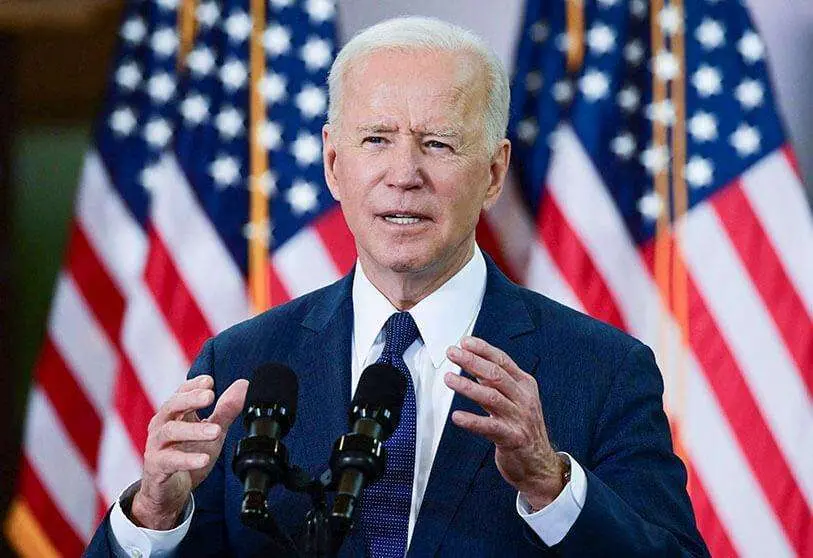The US tries to appease a China that is aligning with Russia

There is barely a week to go before Beijing opens the Winter Olympics, a showcase with which it once again wants to dazzle the world. China's leaders are not willing to let anyone spoil the party, not even the climate of maximum tension generated between Russia, the United States, NATO and the European Union over Ukraine.
To ensure that their aspirations to become the world's greatest superpower are not forgotten, Chinese Foreign Minister Wang Yi decided to call his US counterpart, Antony Blinken, to make a few points clear. Firstly, and in case there was any doubt, China is on Russia's side, whose "security concerns must be taken into account and provided with a solution". In the communiqué of the conversation released by his ministry, Wang Yi accuses NATO of wanting to expand, which in his view amounts to a continuation of the Cold War mentality, which "should be put aside".
In the conversation, which was initially confined to the question of the consequences and impacts of a hypothetical Russian invasion of Ukraine, the main bone of contention between Washington and Beijing, the situation in Taiwan, was also addressed. According to the communiqué, the only thing that came out of it was Wang Yi's reference to what President Joe Biden promised his counterpart Xi Jinping in their last conversation two months ago: that he is not seeking a new Cold War; that he does not aspire to change the system in place in China; and above all, that he does not support a hypothetical independence for Taiwan. Assertions that Beijing's chief diplomat seems to be wary of, claiming that he told his American counterpart that "they should stop playing with fire".
Analysis of the communiqué does not reveal any change in the position of the United States, which, with Biden, maintains the line initiated by Trump of considering China an adversary likely to become a bitter enemy by disputing global supremacy. Nor is there any change in Washington's line of calculated ambiguity regarding the former island of Formosa, which China considers an integral part of its territory, and which it aspires to incorporate fully into its sovereignty by 2049, the centenary of the proclamation of the People's Republic of China after the defeat of General Chiang Kai-chek's nationalist forces in the civil war.
In the meantime, China's fighter aircraft have stepped up their harassment of Taiwan with increasing daily incursions of their squadrons into the island's air defence zone. The latest peak so far was recorded on Sunday, 23 January, when Taipei's defence ministry counted 34 fighter jets, one nuclear bomber and four specialised electronic warfare aircraft flying overhead. Taiwan reported a total of 969 incursions by Chinese warplanes throughout 2021, up sharply from 380 in 2020. Such operations force Taiwan's air force to remain on a permanent state of alert, and constant pressure on both its ageing F-16s and fighter pilots. This pressure has resulted in the loss of at least two aircraft, including one of the most advanced of its aircraft, an F-16V, in its constant training and surveillance missions in the airspace, and the death of its pilots.
While diplomacy is running at full speed in different scenarios, China has reportedly asked both Russia and the United States to respect the Olympic truce. The key to the truce, however, lies with President Vladimir Putin. His autocratic regime has become so one-man rule that the next step Russia can take is only in Putin's own head. Wendy Sherman, Antony Blinken's number two, has also implicitly referred to the possible truce when she places the hypothetical invasion of Ukraine, or rather the unleashing of the Russian war offensive, in whatever shape or form, around mid-February.

